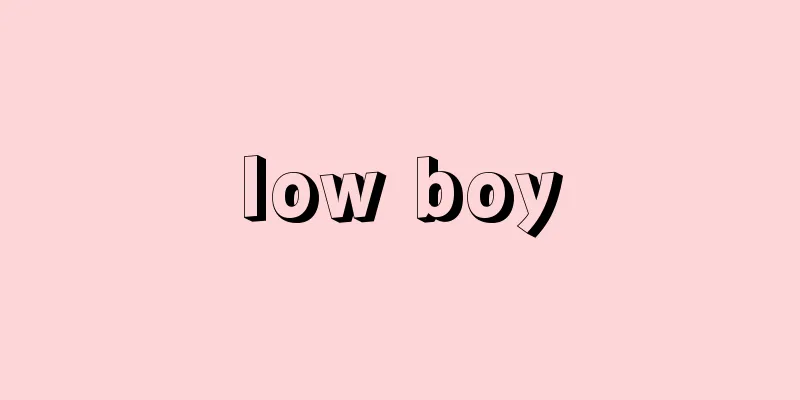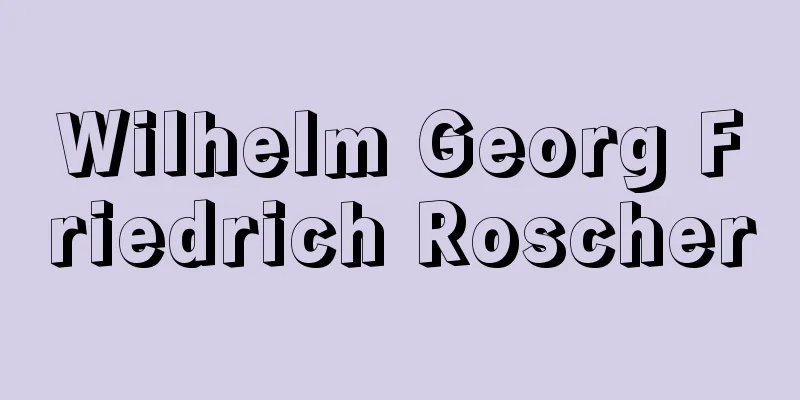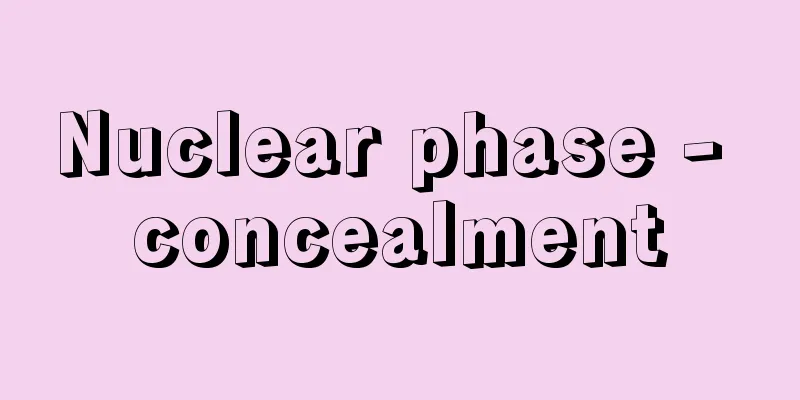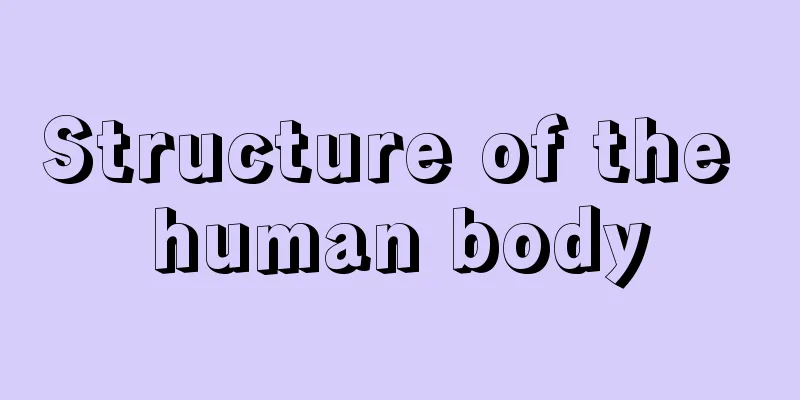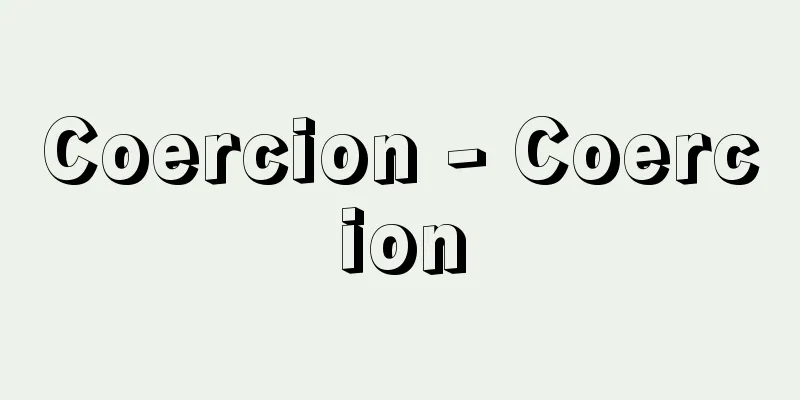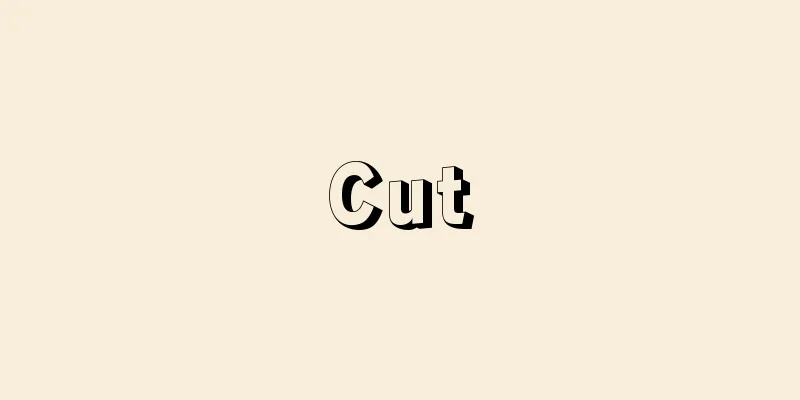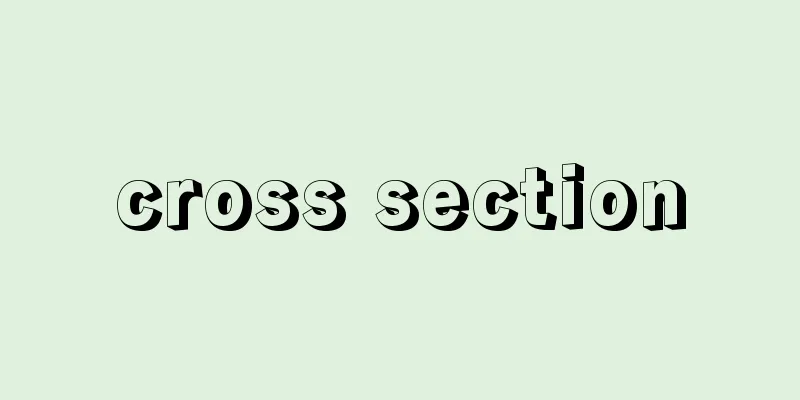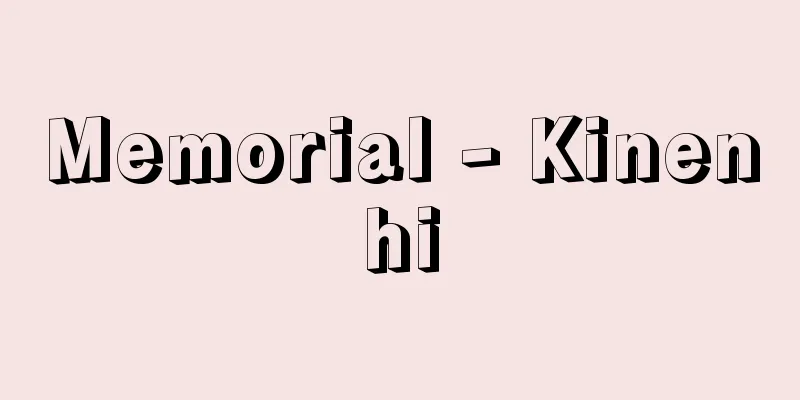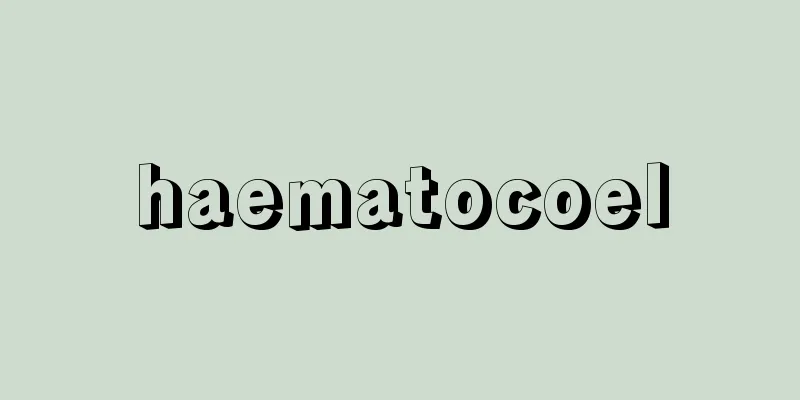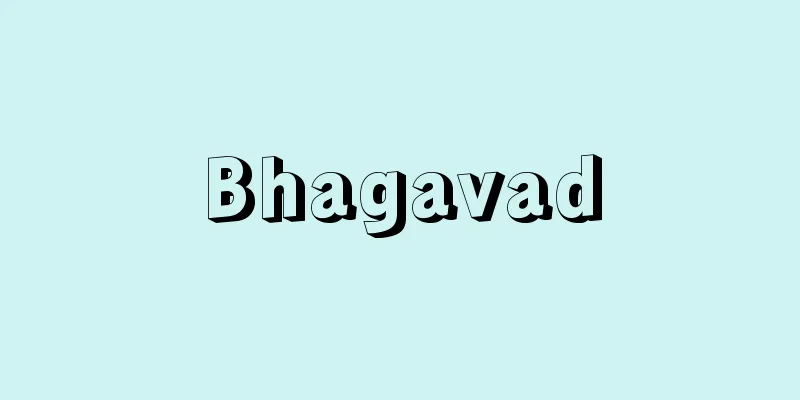South Africa – Southern Africa
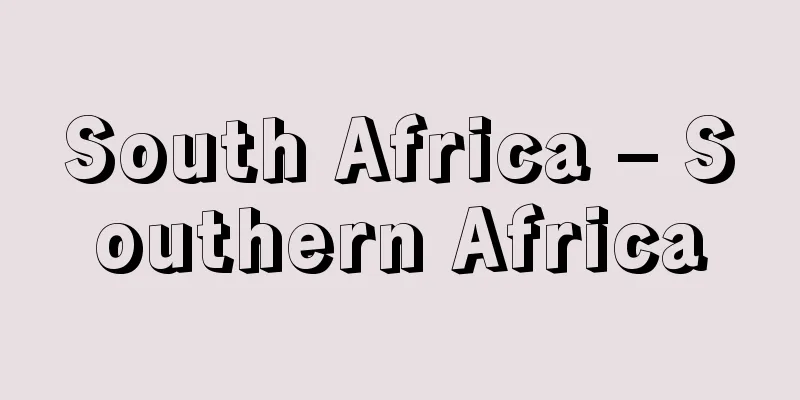
|
◎Official name: Republic of South Africa. ◎Area: 1,228,13 km2 . ◎Population: 54 million (2014). ◎Capital: Pretoria (executive, 1.47 million, 2010), Cape Town (legislative, 3.49 million, 2010), Bloemfontein (judicial, 400,000, 2005). ◎Population: 80% African (Xhosa, Zulu, Sotho, Tswana, etc.), 9% White (Afrikaner, British, etc.), 9% Coloured, 3% Asian (Indian). ◎Religion: Mostly Christian (Dutch Reformed Church, Methodist, African Independent Church, etc.), Asians are Muslim or Hindu. ◎Languages: Afrikaans and English (both official languages), as well as Bantu languages such as Zulu, Xhosa, and Sotho, and other languages such as Hindi. ◎Currency: Rand. ◎Head of State: President Jacob Zuma (born 1942, inaugurated in May 2009, reappointed in May 2014, five-year term). ◎Constitution: came into effect in February 1997. ◎Parliament: bicameral. Upper House (90 seats, elected by state assemblies, five-year term), Lower House (400 seats, five-year term). Results of the Lower House election in May 2014: African National Congress 249, Democratic Party 89, Inkatha Freedom Party 10, etc. ◎GDP: $276.8 billion (2008). ◎GNI per capita: $5,390 (2006). ◎Percentage of people employed in agriculture, forestry, and fishing: 8.6% (2003). ◎Life expectancy - 58.2 years for men, 62.1 years for women (2013). ◎Infant mortality rate - 41‰ (2010). ◎Literacy rate - 93.7% (2012). * *Republic occupying the southern tip of the African continent. Facing the Indian Ocean to the east and the Atlantic Ocean to the west, it borders Mozambique, Zimbabwe, Botswana, and Namibia to the north. Swaziland and Lesotho are both located in the eastern region. The country is generally a plateau at an altitude of about 1000m, with the Drakensberg Mountains, which exceed an altitude of 3000m, running from the northeast to the southwest, and the Kalahari Desert spreading in the northwest. The main rivers are the Orange River and the Limpopo River. Most of the country has a semi-arid to arid climate, but the southern tip has a Mediterranean climate. It is the most industrialized country in Africa, with industries such as steel, machinery, food processing, textiles, and oil refining well developed. Blessed with minerals such as gold, uranium, diamonds, silver, copper, manganese, iron, and coal, South Africa is one of the world's leading gold exporters. Its main agricultural products are corn, wheat, potatoes, oranges, and sugarcane, and it also raises cattle, sheep, and Angora goats. The indigenous people are the Khoi (Hottentots) and San (Bushmen), and Bantu Africans began to migrate to the area from around the 15th century. In 1652, the Dutch East India Company established the Cape Colony. When the Cape Colony became a British colony in 1814, Dutch immigrants known as Boers (Afrikaners) moved north and established the Natal Republic in 1838, the Transvaal Republic in 1852, and the Orange Free State in 1854, all of which became British colonies as a result of the Boer War. In 1910, the Union of South Africa, a self-governing territory within the British Commonwealth, was established, and in 1934 it gained complete independence from Britain. After being criticized by Britain for racial discrimination, South Africa withdrew from the Commonwealth in 1961 and became a republic. Because the minority white people enforced apartheid, which discriminated against the majority of colored people, there was a constant anti-apartheid struggle, symbolized by the Soweto uprising in 1976, which led to hostility from most African countries and isolation in international politics. In 1991, apartheid laws were completely abolished, and in 1994, the first constitutional assembly elections were held in which all races, including blacks, participated, with the African National Congress (ANC) winning a majority. In May of the same year, Mandela, who was the chairman of the ANC, became the country's first black president (with former President de Klerk appointed as Vice President). In 1996, a new constitution based on racial equality was adopted (effective in 1997). In 1999, Mbeki, the chairman of the ANC and Vice President, was elected President, and Mandela retired from politics (Mbeki was re-elected in 2004). Economically, the reconstruction plan did not get on track, and unemployment was high. It has one of the highest crime rates in the world, and one of the highest HIV infection rates in the world, at approximately 5.5 million people (as of 2005). In June 2010, it hosted the FIFA World Cup. Source : Heibonsha Encyclopedia About MyPedia Information |
|
◎正式名称−南アフリカ共和国Republiek van Suid-Afrika/Republic of South Africa。◎面積−122万813km2。◎人口−5400万人(2014)。◎首都−プレトリアPretoria(行政府,147万人,2010),ケープ・タウンCape Town(立法府,349万人,2010),ブルームフォンテインBloemfontein(司法府,40万人,2005)。◎住民−コーサ人,ズールー人,ソト人,ツワナ人などのアフリカ人80%,白人(アフリカーナー,英国系など)9%,カラード9%,アジア人(インド系)3%。◎宗教−大部分がキリスト教(オランダ改革派教会,メソディスト,アフリカ独立教会など),アジア人はイスラム,ヒンドゥー教。◎言語−アフリカーンス語,英語(以上,公用語)のほか,アフリカ人はズールー語,コーサ語,ソト語などの公用語を含むバントゥー諸語,ほかにヒンディー語など。◎通貨−ランドRand。◎元首−大統領,ズマJacob Zuma(1942年生れ,2009年5月就任,2014年5月再任,任期5年)。◎憲法−1997年2月発効。◎国会−二院制。上院(定員90,州議会が選出,任期5年),下院(定員400,任期5年)。2014年5月下院選挙結果,アフリカ人民族会議249,民主党89,インカタ自由党10など。◎GDP−2768億ドル(2008)。◎1人当りGNI−5390ドル(2006)。◎農林・漁業就業者比率−8.6%(2003)。◎平均寿命−男58.2歳,女62.1歳(2013)。◎乳児死亡率−41‰(2010)。◎識字率−93.7%(2012)。 * *アフリカ大陸南端部を占める共和国。東はインド洋,西は大西洋に面し,北はモザンビーク,ジンバブエ,ボツワナ,ナミビアと接する。東部の地域内にスワジランド,レソト両国がある。全般に標高1000m前後の台地で,北東から南西に標高3000mを越えるドラケンスバーグ山脈が走り,北西部はカラハリ砂漠が広がる。主要河川はオレンジ川,リンポポ川。国土の大部分が半乾燥〜乾燥気候であるが,南端部は地中海式気候。 アフリカで最も進んだ工業国で,鉄鋼,機械,食品加工,繊維,製油などの工業が発達する。金,ウラン,ダイヤモンド,銀,銅,マンガン,鉄,石炭などの鉱産に恵まれ,世界屈指の金輸出国。主要農産物はトウモロコシ,小麦,ジャガイモ,オレンジ類,サトウキビで,牛,羊,アンゴラヤギの畜産もある。 先住民はコイ(ホッテントット),サン(ブッシュマン)で,15世紀頃からバントゥー系アフリカ人が移住してきた。1652年オランダ東インド会社によりケープ植民地が形成された。ケープ植民地が1814年英領になると,オランダ系移民のボーア人(アフリカーナー)は北上して1838年ナタール共和国,1852年トランスバール共和国,1854年オレンジ自由国を建設したが,いずれもボーア戦争の結果英領となった。1910年イギリス連邦内の自治領南アフリカ連邦が成立,1934年英国から完全独立した。人種差別を英国から非難されたのを機に1961年イギリス連邦から脱退,共和国となった。少数の白人が多数を占める有色人種を差別するアパルトヘイトを強行したため1976年のソウェト蜂起に象徴されるような反アパルトヘイト闘争が絶えず,大部分のアフリカ諸国と敵対し,国際政治上も孤立した。1991年アパルトヘイト法を全廃し,1994年初めて黒人を含む全人種参加の制憲議会選挙を実施,アフリカ人民族会議(ANC)が過半数を占めた。同年5月ANC議長のマンデラが同国初の黒人大統領に就任した(副大統領にデクラーク前大統領を任命)。1996年,全人種の平等などを柱とする新憲法案が採択された(1997年発効)。1999年ANC議長で副大統領のムベキが大統領に選出され,マンデラは政界を引退した(2004年ムベキは再任)。経済的には再建計画が軌道に乗りきらず,失業率も高い。世界で最も犯罪発生率の高い国の一つで,HIV感染者数は約550万人(2005年)と世界最多国の一つ。2010年6月,サッカー・ワールドカップ大会を開催。
出典 株式会社平凡社百科事典マイペディアについて 情報 |
<<: Minami-Arima [town] - Minami-Arima
>>: Minamiashigara [city] - Minamiashigara
Recommend
Abd al-Aziz
...The main content of the sense of crisis in mod...
《Kanayomi Shimbun》 - Kanayomi Shimbun
…Small newspapers did not have as clear a party c...
Claim - Enspruch (English) German
A right to demand a certain action (commitment or...
All-Around Championship
…It is a sport that incorporates many independent...
brush border
…A single microvilli is about 0.1 μm in diameter,...
Westinghouse Electric Corporation
The second largest general electric manufacturer i...
Tamluk (English spelling)
A historic port city in the southern part of West ...
Difficulty breathing
Concept Dyspnea is "a state in which effort i...
Albuquerque - Albuquerque (English spelling)
The largest city in the state of New Mexico, Unit...
Yunono [Hot spring] - Yunono
This hot spring is located in Kirishima-cho, Aira-...
Troitsk na Taganroge (English spelling) TroitsknaTaganroge
…Population: 292,000 (1993). Formerly known as Tr...
Melierax metabates
...In Japan, there are four species of birds, fro...
Saigaki - Imigaki
〘Noun〙① = Igaki (Saigaki)② A gilt bronze ornament ...
Ceratium hirundinella (English spelling) Ceratium hirundinella
...This species lives in plankton and is normally...
Datura inoxia (English spelling) Daturainoxia
…[Nitta Aya]. . . *Some of the terminology that m...
